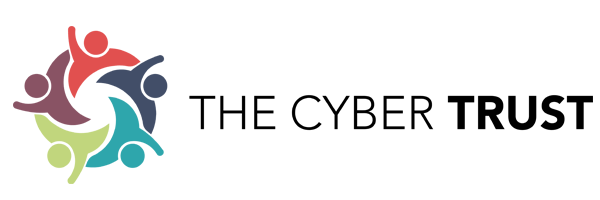RSS Newsfeeds
Some links to articles regarding Age Verification policy and observations wrt The Online Safety Act from July/August 2025:
“A culture war has erupted that is laden with misunderstanding, with every poor decision made by tech platforms being blamed on regulation:”
This one chimes with our mission at The Cyber Trust to help parents with family internet safety:
https://cmcgee.dev/blog/why-the-uks-online-safety-law-misses-the-real-problem
“The hard truth is this: many parents simply are not doing their jobs. Modern devices like iPhones, Android phones, and Windows PCs come with built-in tools that let parents block adult content, set screen time limits, and monitor what their children are doing. These controls are widely available. They just are not being used enough. We should not be redesigning the internet to compensate for poor parenting. The burden of protecting children online must sit with those responsible for raising them. It is not acceptable to infringe on the freedoms of every UK citizen just because some parents have not taken the time to activate parental controls. Education and engagement, not sweeping regulation, is where the real solution lies.”
From the NSPCC
https://www.nspcc.org.uk/support-us/campaigns/end-child-abuse-online
“Ofcom’s new Protection of Children Codes to protect children online under the Online Safety Act have now come into effect, with Ofcom having power to penalise and hold to account those platforms who do not abide by these rules. Under the Codes, platforms must have highly effective and robust age verification methods, and ensure that harmful and illegal content is not being shown to under-18s. Children, and their parents, must not solely bear the responsibility of keeping themselves safe online. It’s high time for tech companies to step up. If tech companies fail to comply, Ofcom must show its teeth and fully enforce the new codes.”
and from The Observer, Children cannot be safe online. We will just have to carry on policing them:
This from Hansard (The VPN issue has been debated in both Houses): “The provision in Clause 11(16) addresses the noble Lord’s concerns about the use of VPNs in circumventing age-assurance or ageverification measures. For it to apply, providers would need to ensure that the measures they put in place are effective and that children cannot normally access their services. They would need to consider things such as how the use of VPNs affects the efficacy of age-assurance and ageverification measures. If children were routinely using VPNs to access their service, they would not be able to conclude that Clause 11(16) applies. I hope that sets out how this is covered in the Bill.”
From Global Online Safety Educators Network:
From Safer Internet Day 2025:
From SWGFL:
Here we have News Stories and Cyber Choices Case Studies from our Cyber Safety Case Studies Blog. Click the category image to pick, or summary of all is below:



